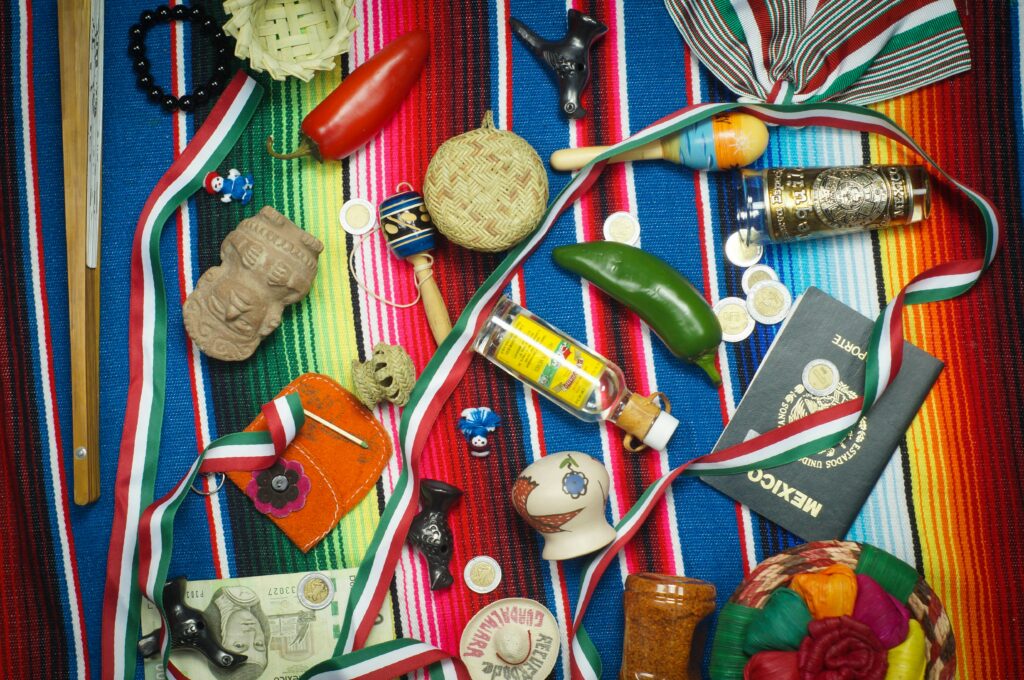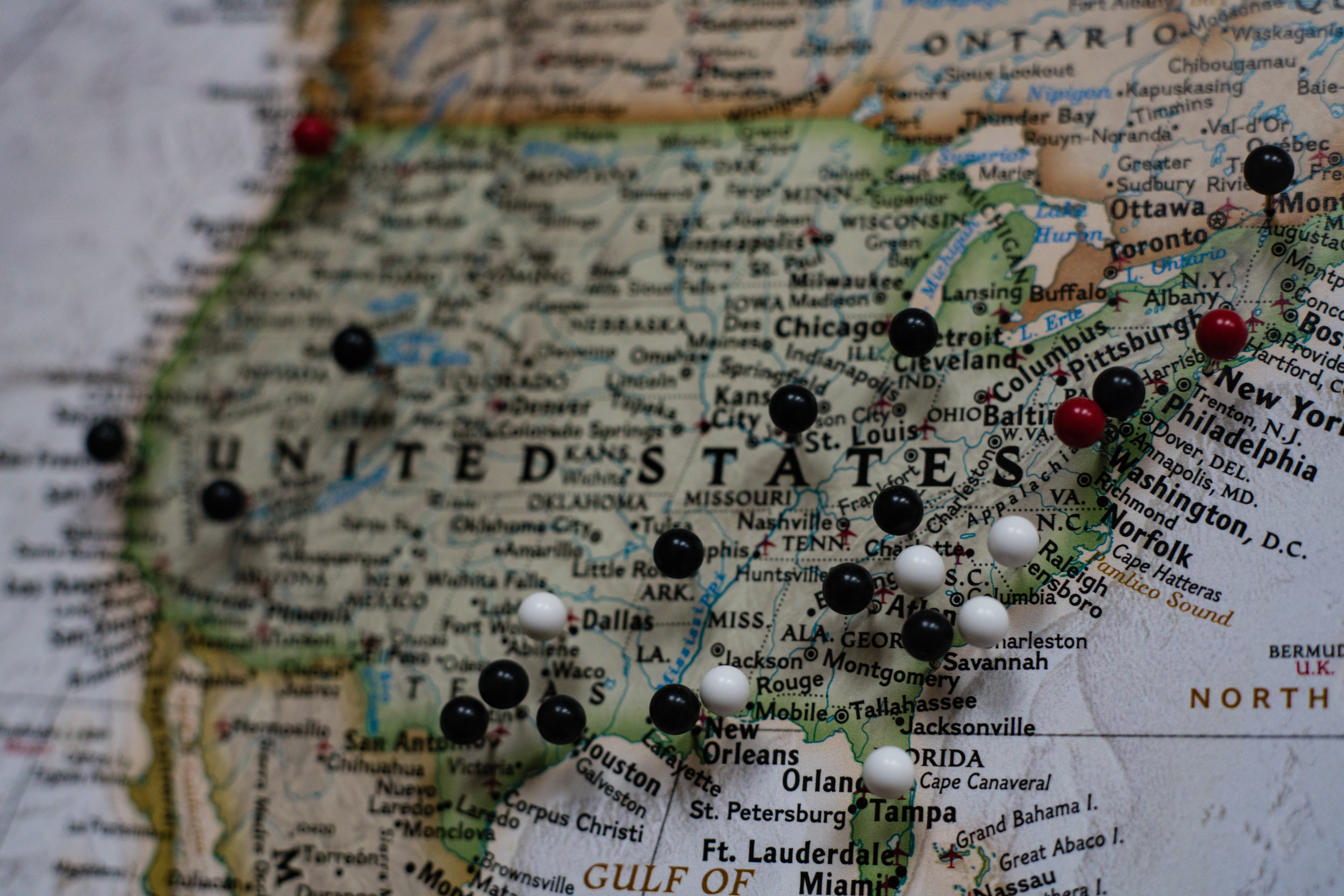
Times change.
Living for a while will drill that idea into you.
The college students I teach, who have lived for only a generation, don’t have a clear sense of that. They don’t understand that our culture didn’t always include cell phones, or scanners at the airport, or the kind of deep polarization that characterizes culture and politics today.
I don’t blame them for that, because they haven’t lived long enough to see generational change.
I sprang to life as a baby boomer, in a culture full of postwar optimism and relative prosperity—though my family was cash-poor in those days. My peers and I lived with Cold War fears, including the Cuban Missile Crisis; then the assassination era (JFK, RFK, MLK) during the Civil Rights and Vietnam protest times; then the “general malaise” under Carter, before anyone associated him with Habitat for Humanity; the Reagan Era, including the end of the Cold War and the optimism that characterized the imaginings of a world without Communism; then 9/11 and the rise of radical Islamic terrorism. All of this is outside the scope of my students’ experience.
Since Y2K—oh, I didn’t mention that little cultural bleep, did I?—I’ve had the privilege of doing some international travel, in Europe, Asia, the Caribbean, and especially Africa—and I’ve gained a little more understanding of cultural differences as well.
Time and space. People are different, and times change.
Why is that?
I’d suggest that this diversity is a direct result of the fact that we humans have been created in the image of God. The first thing that the Scripture tells us about God is that he’s creative (Ge 1.1), and the first thing it tells us about us is that we are like him in significant respects (Ge 1.27). We should not be surprised, then, that humans, as a matter of course, come up with different ways of doing things. As they spread around the globe, and as they develop through time, they’re going to think, speak, and live in ways that differ from one another.
We see these differences in thousands of distinctions, big and small. When I was a kid, we learned our friends’ phone numbers, mostly because we dialed them so often. Today nobody knows anybody else’s number, because we never dial them at all, because they’re just stored in our phones—and why do we call punching buttons “dialing,” anyway?
That’s a change over time; how about a change across space? I’ve written before about my favorite example of cultural difference—how in China, you must never eat everything on your plate, and in the USA you must always eat everything on your plate. Why? Because in the US leaving something on your plate is taken to mean that you didn’t like it, while in China, it means that the host has been so generous that you simply can’t eat any more. Same action has different meanings in the two cultures, making one polite and the other impolite—and both views make perfectly good sense.
Often these differences divide us. The ever-present “generation gap” is an indication of cultural misunderstanding across time, and entire wars have been fought over cultural differences across space.
But the Bible indicates that such divisions are often unnecessary. God seems to want us to be different—to be an expression of our creativity, our different ways of thinking and doing. As just one illustration of that, the Spirit of God gifts his people in the church in different ways, by his own choice (1Co 12.4-11), rendering the body of Christ a diverse unity (1Co 12.12-27), so that it will thereby be more flexible in its abilities and more helpful from one member to another. Paul adds to that idea in his letter to the Romans by essentially demanding that we maintain unity despite our differences that might incline to drive us apart (Ro 14.1-9).
But there’s a wrinkle. The world is not as God made it; it’s broken by our sin, and that brokenness extends to our social and cultural practices, bringing them into conflict. That’s not surprising, given that fellowship—peace with one another—is an outcome of our individual peace with God (IJ 1.3).
I’d like to spend a few posts thinking about how those of us who follow Christ should navigate these cultural differences and the murkiness that our brokenness brings to our decision making.
Photo by Joseph Grazone on Unsplash



